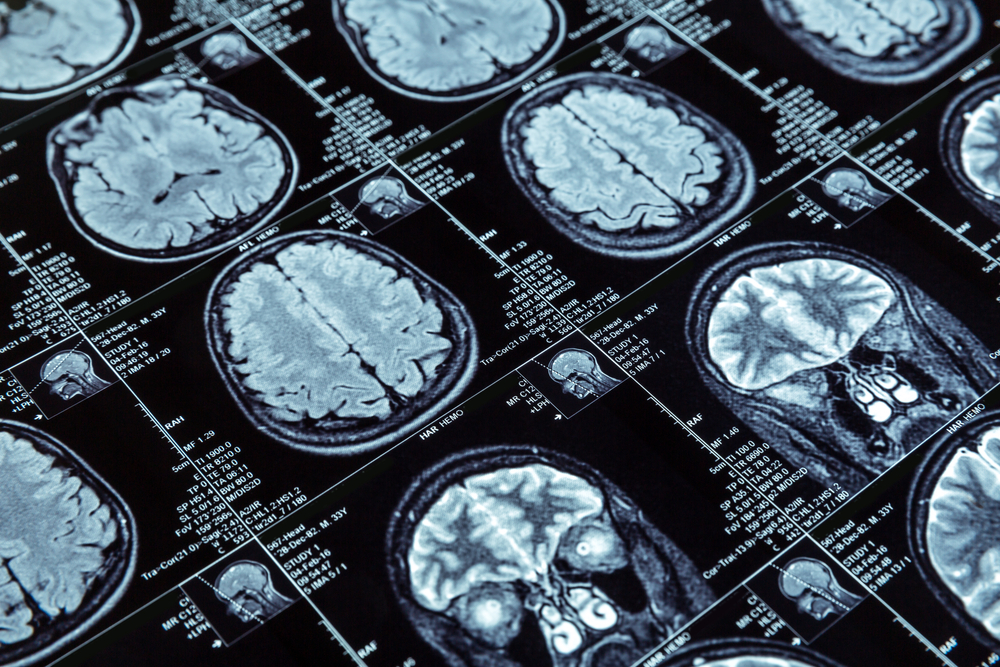Memory Disorders
 Memory loss is a symptom that can accompany a variety of conditions, including:
Memory loss is a symptom that can accompany a variety of conditions, including:
- Alzheimer's Disease
- Dementia
- Cardiovascular Disease
- Depression
- other psychological conditions
Once properly diagnosed, there are treatments that can slow, stop and in some cases, reverse memory loss.
As part of the Riverside Neurosciences Institute, Riverside Memory Center was established to improve the early detection, diagnosis and treatment of memory disorders.
Riverside Memory Center offers a comprehensive and collaborative approach combining:
- Board-certified Neurologists
- Neuropsychologist
- Dedicated Nurse
- Speech Therapists
- Brain Fitness Trainer
- Geriatric-certified Social Workers
By engaging both the individual experiencing memory loss as well as the family, Riverside Memory Center focuses on early detection. Therefore the condition can be properly diagnosed and treated to help the individual maintain their daily activities and extend their quality of life.
10 Symptoms of Memory Loss *
- Memory changes that disrupt daily life
- Challenges in planning or solving problems
- Difficulty completing familiar tasks at home, at work or at leisure
- Confusion with time or place
- Trouble understanding visual images and spatial relationships
- New problems with words in speaking or writing
- Misplacing things and losing the ability to retrace steps
- Decreased or poor judgment
- Withdrawal from work or social activities
- Changes in mood and personality
*Source: Alzheimer's Association
If you or a family member experience any of these warning signs, call us or ask your doctor for a referral to the Riverside Memory Center at (815) 936-6970. Early diagnosis provides the best opportunities for treatment, support and future planning.
Initial Phone Interview
Once referred to the Memory Center, patients and their families will engage in an extensive telephone interview. During this conversation, a nurse will ask about the patient's:
- Daily Activities
- Incidents leading to referral
- Medical History
- Medications
The First Visit
During the first visit, the patient and family will speak with a Neurologist and Nurse to review the information obtained during the telephone interview, the consultation form provided by the referring physician and any available test results. If not recent, a current MRI or CT will be ordered, as well as any necessary blood work. Additionally, a neuropsychological test may be scheduled for another date.
Once all test results have been obtained, the Riverside Memory Center team will collaborate to discuss, diagnose the problem and determine a course of action.
The Second Visit
A second visit with the patient and family will be scheduled to discuss the plan of care and prescribe any necessary medications. The patient and family can expect follow-up phone calls from the Nurse to ensure continued care and discuss any questions or concerns. Routine follow-up appointments also will be scheduled.
To ensure the best possible care, Riverside Memory Center will keep the patient's primary care physician informed of their care plans and any changes in the patient's condition.
Locations
Riverside Memory Center
500 North Wall Street, Suite 300
Kankakee, Illinois 60901
Phone: (815) 936-6970
Fax: (815) 935-8797
Riverside Memory Center
5775 E. Highway 113
Coal City, IL 60416
Phone: (815) 634-0100
Fax: (815) 634-2900
Riverside Memory Center
1490 E. Walnut Street
Watseka, Illinois 60970
Phone: (815) 432-0250
Fax: (815) 432-5217